Why Hating Journalism School Was The Best Thing That Ever Happened To Me
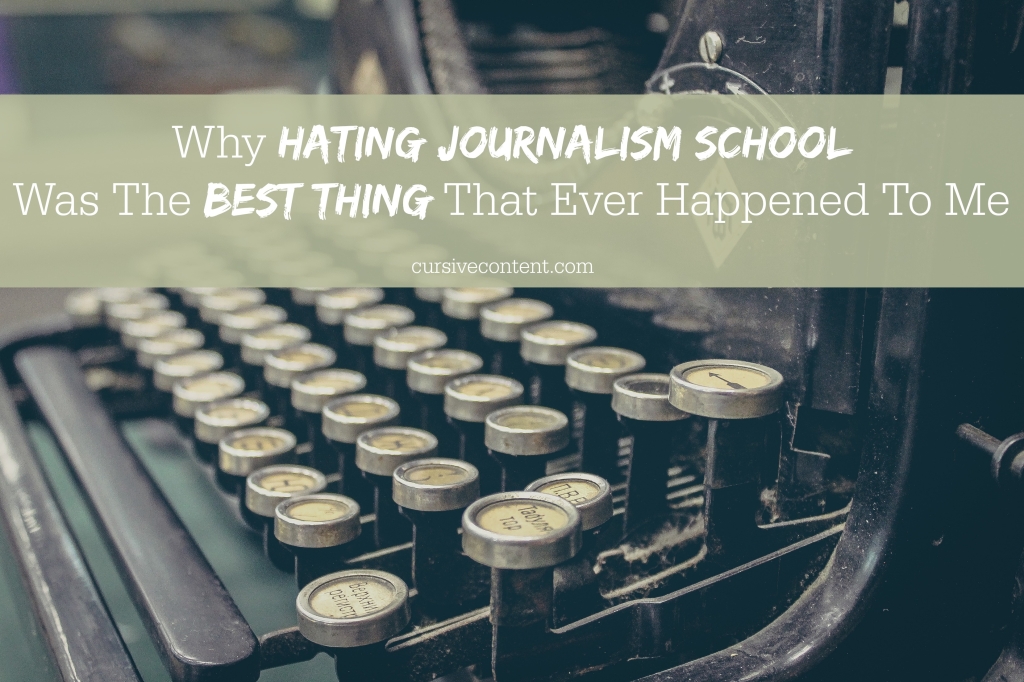
I was a weird little kid.
I didn’t like to play outside. I liked to sit in a threadbare easy chair, facing the wall. Bare feet pressed against the heating vent. A blank notebook in my lap.
I liked to write. Crazy stories, about time travel and friendships soured and childhood confections of love. It wasn’t something I thought about. It was just something I did.
Until I went to college. Then, I had to think about it.
I picked two majors that included words: English and Journalism.
The first, as comfortable as that easy chair. The other, a less-attractive utility that was vaguely connected to something I needed: a career.
I had no desire to be a journalist. The painful grind of a work-for-the-truth-not-for-the-glory newsroom held no appeal to me. Lois Lane seemed brash. Chasing contacts down for information felt ludicrous to someone who didn’t particularly like talking to people.
On the first day of class, my very astute professor – a journalist of the oldest old-school varieties – warned: “If you’re good at writing English essays, that doesn’t mean you’ll be good at journalism. In fact, it means you probably won’t be.”
I went home and cried.
Because I was good at writing English essays. And no one had told me before that that wasn’t good enough.
It’s safe to say that I actually hated journalism. And yet, it was the best worst thing that ever happened to me.
The reason is simple: Journalism made me better.
As an introverted writer, journalism forced me to get over myself and focus on the audience. It made me look past flowery prose and focus on meaning. It made me uncomfortable in a comfortable life, which was the best lesson I’ve ever had.
I learned to edit. I no longer had a blank notebook to fill with whimsical narrative – I had a column of 200 words. I had to self-edit, slash and burn, cut my emotional attachment to each word and phrase.
I learned to listen. Really listen – not the kind of “listening” you master in your early 20s that doesn’t actually require processing information. I learned to think ahead during interviews. Go off script. Have authentic conversations. Be curious.
I learned to read. Critically. I learned how to pick out bias and opinion. Recognize writing and interview styles. Discover the art of nonfiction storytelling.
I learned to write on deadline. I went out on campus, found a story, researched the story and wrote the story – on a boxy PC with no spell check, all within a 90-minute class. I developed confidence. Lois-Lane brashness, even.
I learned that I had a lot to learn. That no matter how many times you call yourself a writer, you’re never done learning to write. There will always be more styles to study, more words to read, more stories to investigate.
So to all you would-be marketers, writers, communicators, storytellers, here’s my advice:
Study journalism. And if you can’t study journalism, study words.
Read more. Write more. Listen more.
Realize that even in this time of tweets and Snapchats and GIFs, stories still rule the world.
And the world needs more storytellers.
MORE ARTICLES
-
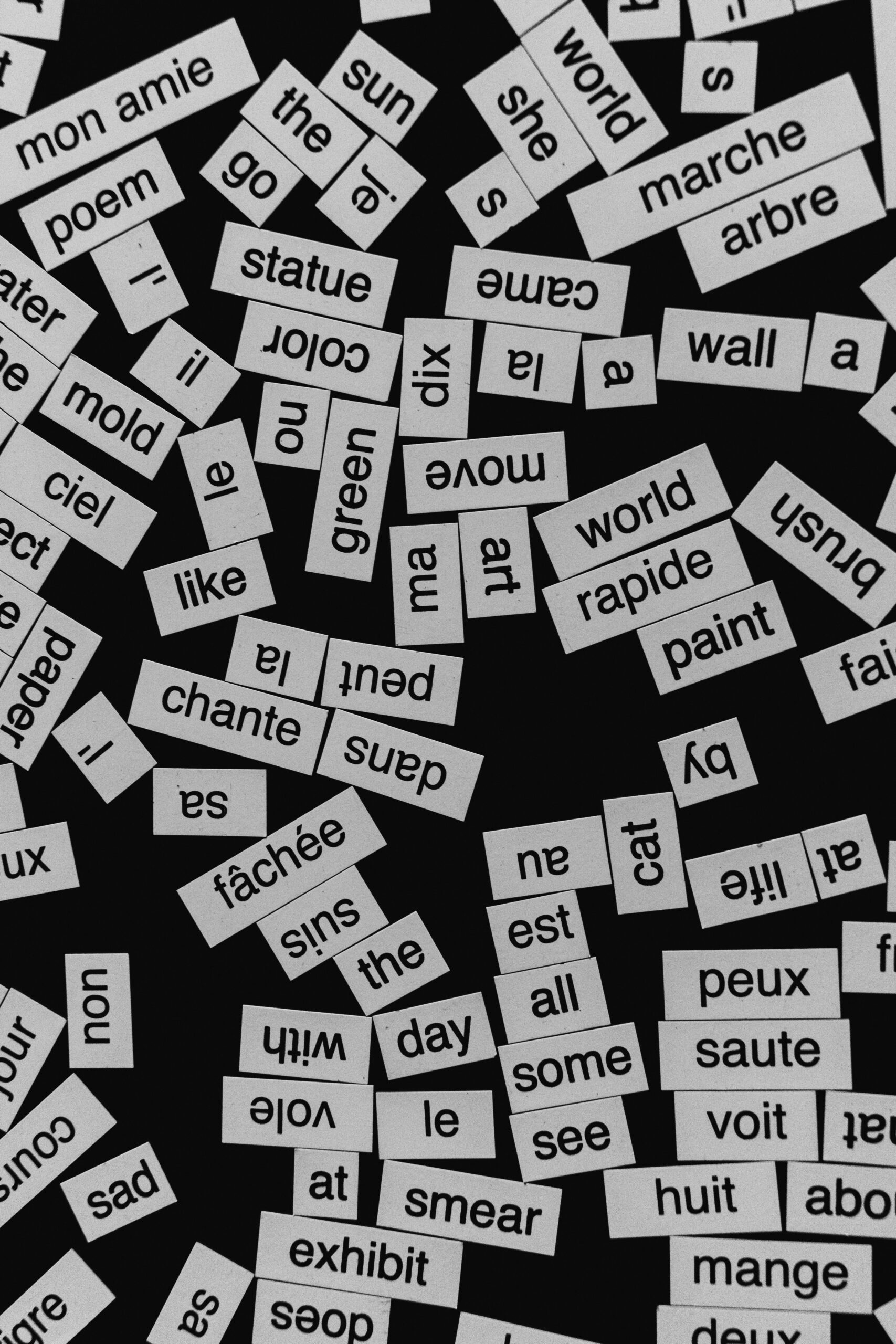 Why “Strong Academics & Caring Community” Aren’t a School Story
Why “Strong Academics & Caring Community” Aren’t a School Story -
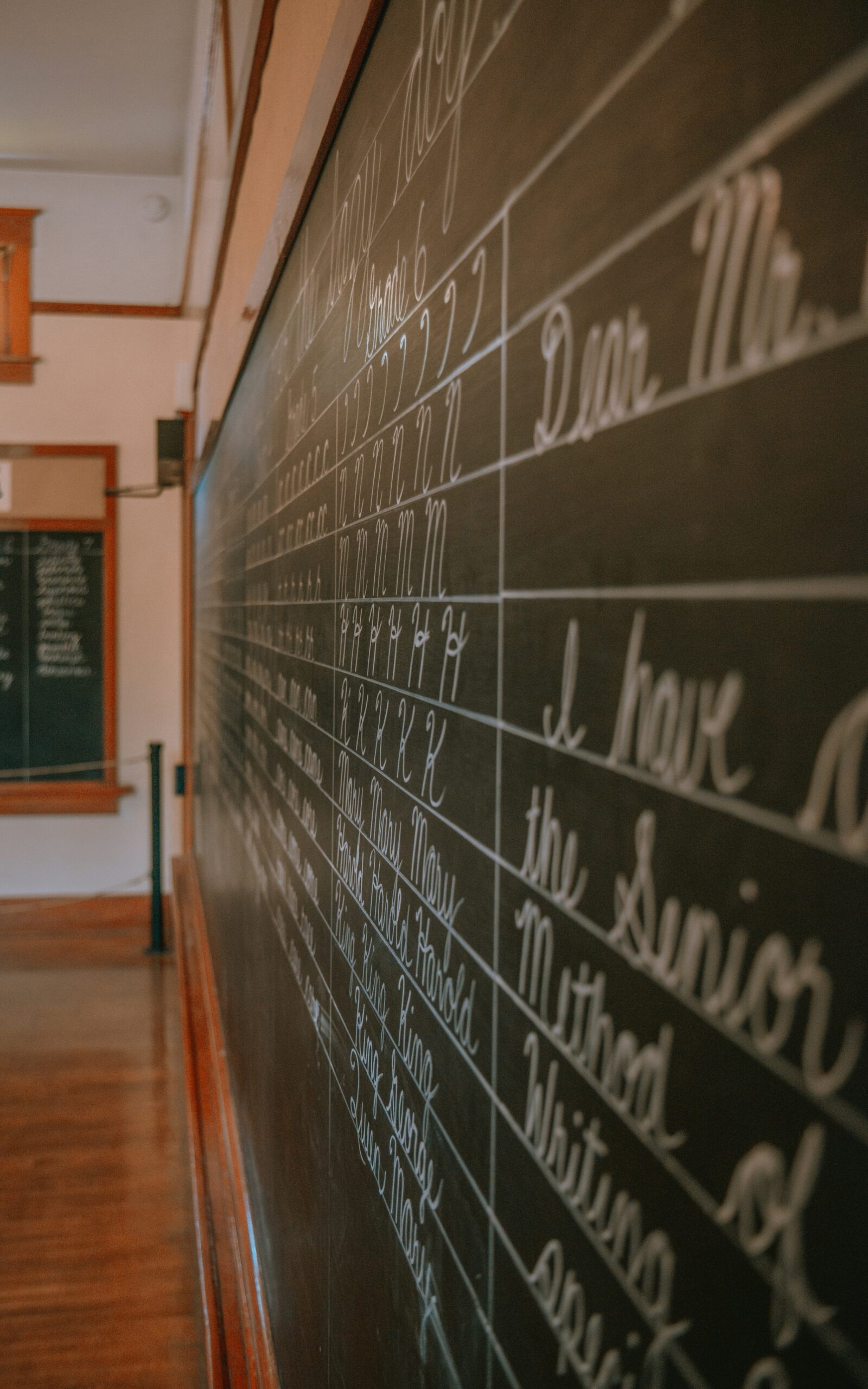 Why Most Schools Don’t Actually Have a Clear Story
Why Most Schools Don’t Actually Have a Clear Story -
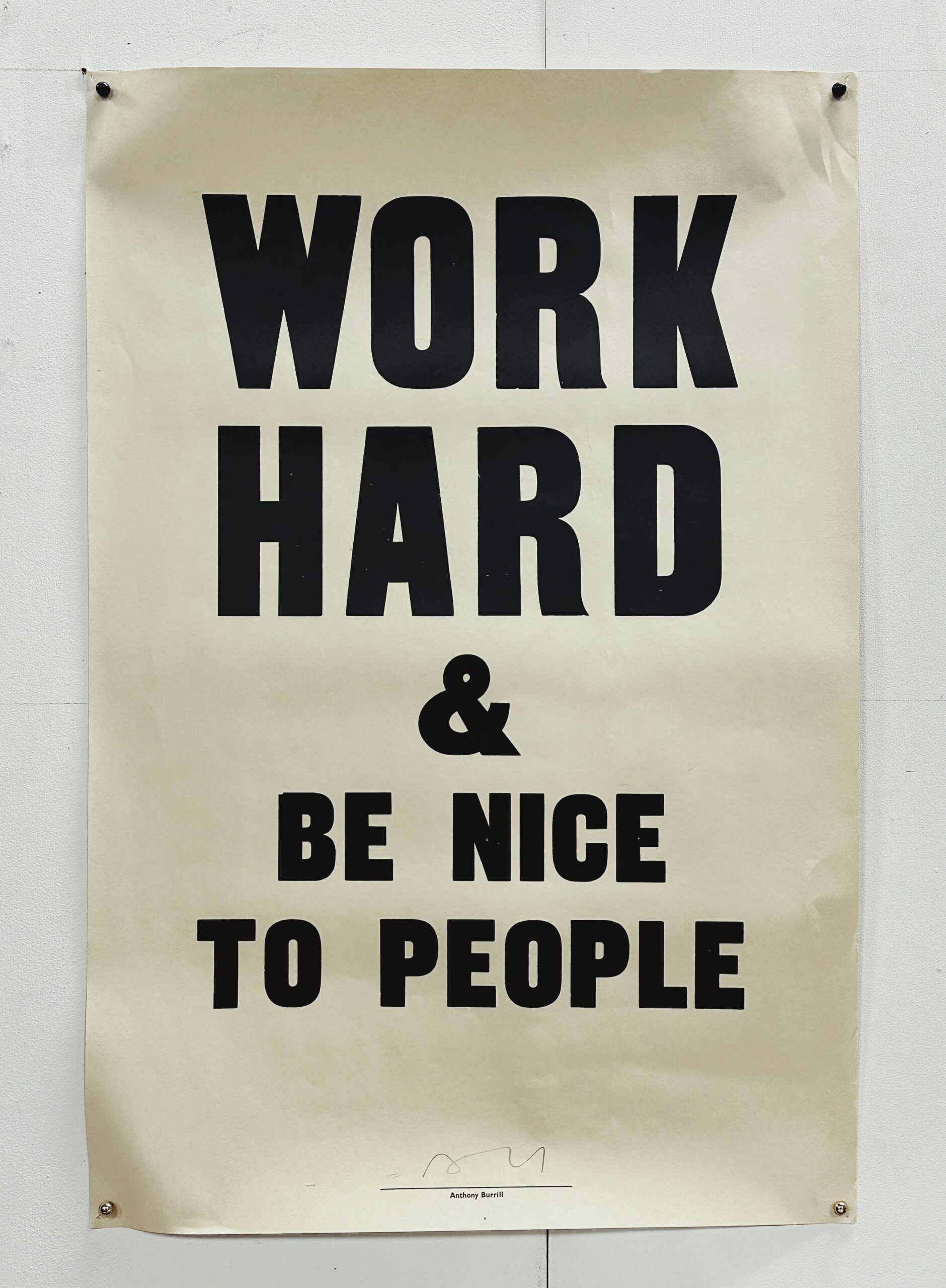 Clarity in 50 Words or Less: How to Write Your School’s One-Sentence Story
Clarity in 50 Words or Less: How to Write Your School’s One-Sentence Story -
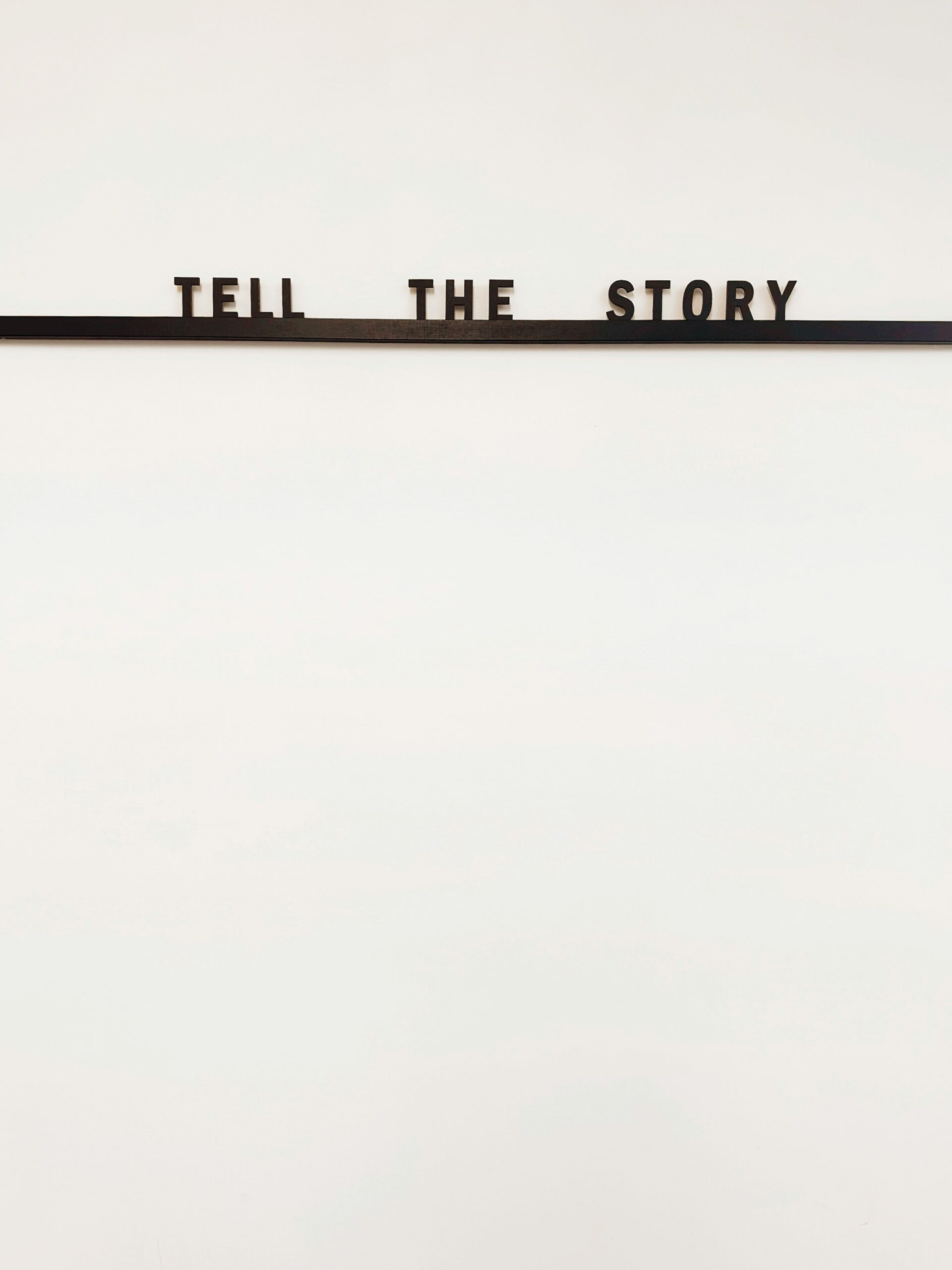 The 4 Building Blocks of a Strong School Story (and Why AI Needs Them)
The 4 Building Blocks of a Strong School Story (and Why AI Needs Them) -
 How to Stop ChatGPT from Making Your School Sound Generic
How to Stop ChatGPT from Making Your School Sound Generic -
 What Should Your School Do with Its Blog Now That AI Is Changing Search?
What Should Your School Do with Its Blog Now That AI Is Changing Search? -
 What Is Your Private School’s Bold & Unifying Big Promise?
What Is Your Private School’s Bold & Unifying Big Promise? -
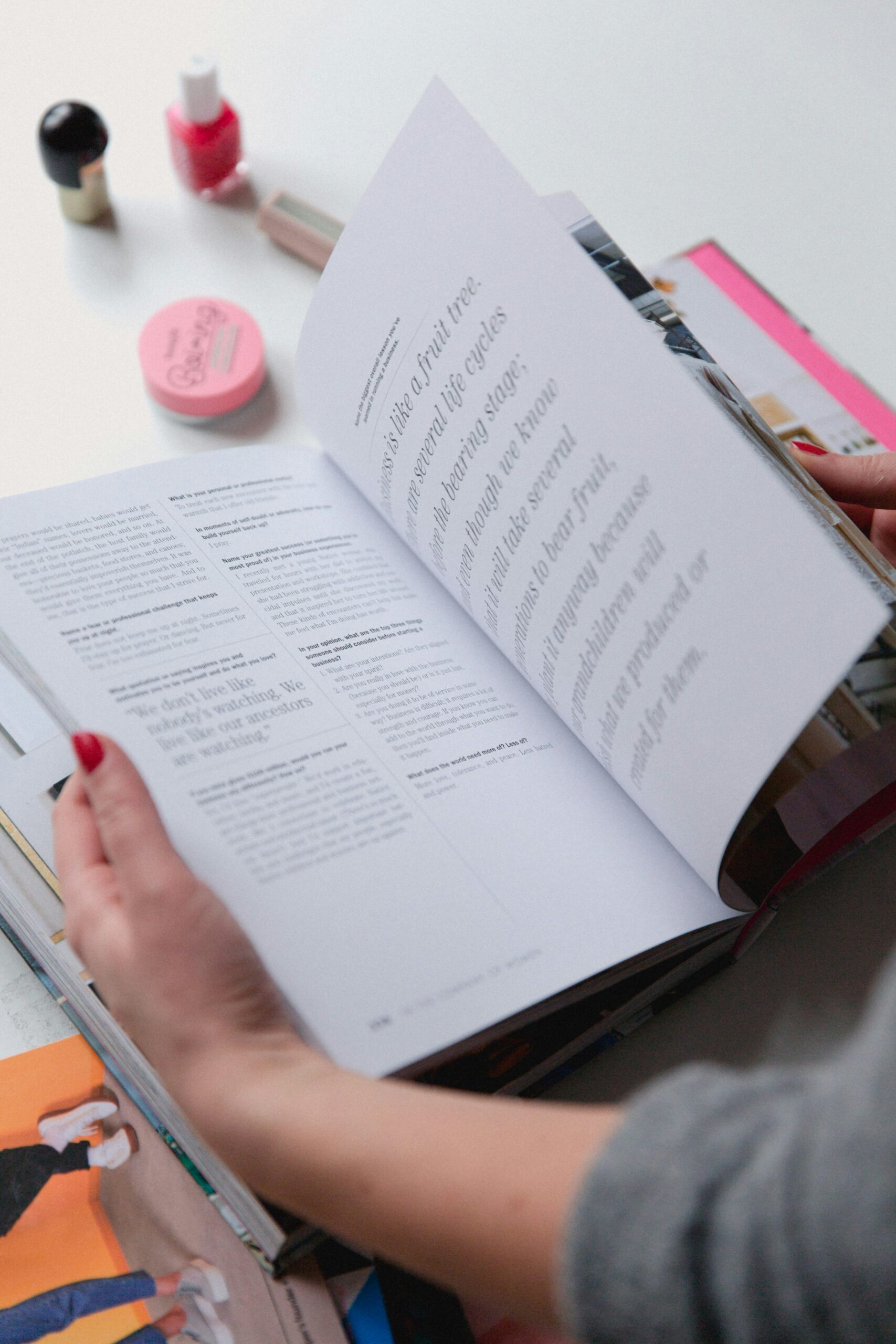 Viewbook Best Practices for Private Schools
Viewbook Best Practices for Private Schools